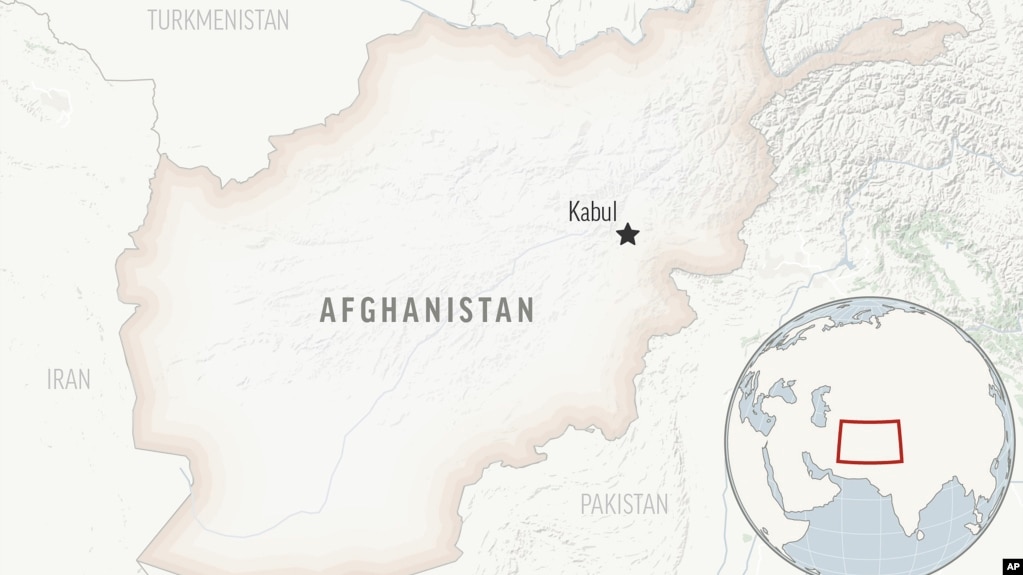The Guardian
Wed 8 Nov 2023 01.00 EST
Ahmad* was approved for relocation to UK before Home Office refusal meant he missed evacuation from Afghanistan in 2021
An Afghan former interpreter with the British army has resettled in the UK with his family after a lengthy legal battle with the government, more than two years after being initially approved for relocation.
Prior to the Taliban takeover, Ahmad* worked as an interpreter in Helmand province. In late 2020 he was approved for relocation to the UK before later facing a Home Office refusal, and missing the opportunity to evacuate as Britain and international allies withdrew from Afghanistan in 2021.
“That was really, really difficult. That was an unforgettable time,” said Ahmad. “Right now, I’m here in the UK. It means their refusal was wrong. Why did you refuse my visa? What was the problem? This refusal made me get into a mental problem and I faced a lot of problems.”
Earlier this year, Ahmad and his family were granted visas following a series of judicial review challenges. In Iran, however, where the family had fled, they faced a prolonged wait after the government introduced a rule requiring those eligible under the Afghan citizens resettlement scheme (ACRS) or the Afghan relocations and assistance policy (Arap) to secure permanent accommodation prior to their arrival.
“It was irrational for the UK government to leave our client and so many others in risky situations abroad when they had been approved for relocation to safety in the UK,” said Erin Alcock, a lawyer who represents Ahmad.
“The government has now removed the housing requirement from the relocation process, paving the way for many more families to safely complete their relocation and start their new lives in the UK.”
While Ahmad and his family have successfully relocated, nearly 2,000 Afghan citizens who risked their lives working for or alongside the British government in Afghanistan, have been stuck in Pakistan or Iran for months – and in some cases years – awaiting similar resettlement. More than £15m has been spent providing accommodation for those eligible under Arap in third countries – including Pakistan and Iran.
Pakistan began deporting “illegal immigrants” after 1 November, in a move that the UN has said will put more than 1.4 million Afghans living in the country at grave risk. In late October, the first flight bringing Afghan citizens from Pakistan arrived in the UK, coinciding with a government 15 December deadline to eject people who worked for the UK in Afghanistan from hotels.
“The UK has made an ambitious and generous commitment to help at-risk people in Afghanistan and, so far, we have brought around 24,600 people to safety, including thousands of people eligible for our Afghan schemes,” a government spokesperson said.
“We continue to honour our commitments to bring eligible Afghans to the UK, with new arrivals going directly into settled accommodation where possible.”
Sara de Jong, a co-founder of the Sulha Alliance, which supports Afghans who worked for the British government to resettle in the UK, said she was delighted that Ahmad and his family had finally been given sanctuary more than two years after first reaching out to the organisation. But the delays in his case were unfortunately not unique, said De Jong.
“Concessions by the government in the court on individual cases, should lead them to expedite the UK resettlement of all other Afghan interpreters whose relocation has been frustrated by mistakes and obstacles for more than two years,” said De Jong, also a professor of politics at the University of York.
When the Taliban seized back power in the country in August 2021, Ahmad and his family stayed indoors and refrained from walking outdoors. He told his family that should someone ask after him, to say they had left the country.
Our morning email breaks down the key stories of the day, telling you what’s happening and why it matters
“That was difficult, but we were scared, my family and all of us,” said Ahmad. “That was a danger for us because we had a military job with the British forces in Afghanistan. I had a plan to escape from Afghanistan, but I didn’t get an opportunity.”
The opportunity came earlier this year when an email finally came from the Home Office notifying their approval to relocate to the UK. “That was a really happy moment,” said Ahmad.
For eight months the family lived in a hotel in Tehran, Iran. The situation was difficult, said Ahmad, who didn’t have the right to work. His children weren’t in school and they didn’t have access to quality health facilities, he said. When Ahmad went to extend their visas, Iranian authorities would ask: ‘Why are you here?’ and ‘Why aren’t you in Afghanistan instead?’ Civilians posed similar questions, he said, and as months passed, they remained in the hotel fearing arrest and deportation.
Still, some of Ahmad’s former colleagues are awaiting relocation from Iran and Pakistan. While he remains concerned over his initial refusal in 2020, for now, he is eager to start searching for work in the UK and begin their new life.
“We are so happy,” he said. “Everyone is happy.”
*Names have been changed to protect identities.
 Afghanistan Peace Campaign
Afghanistan Peace Campaign